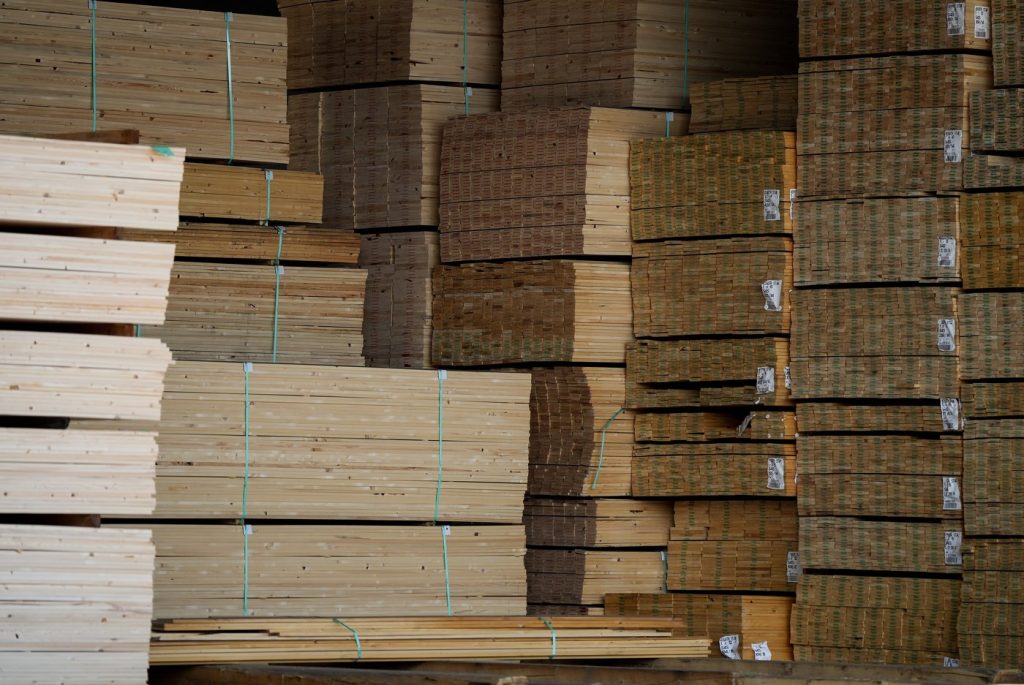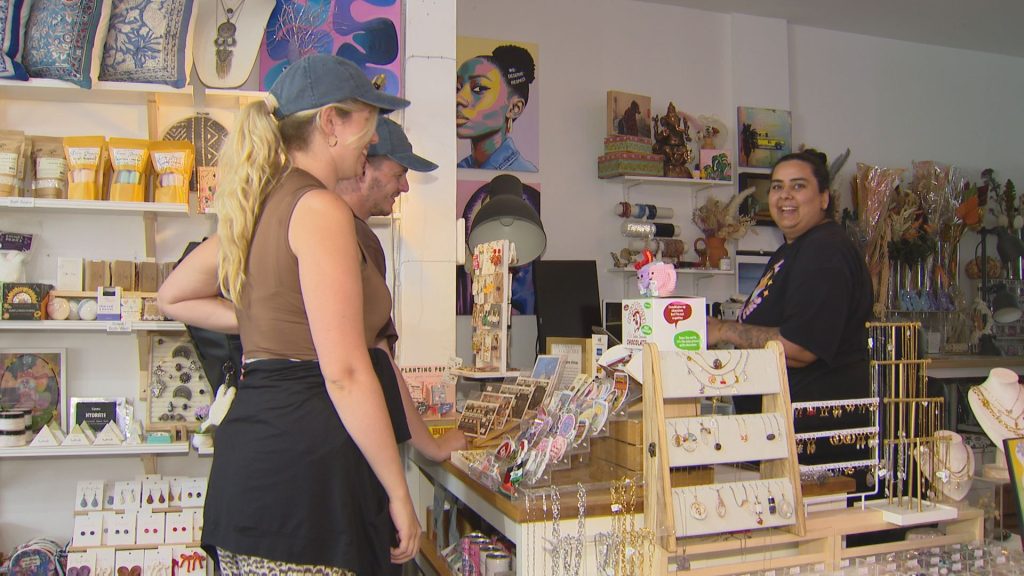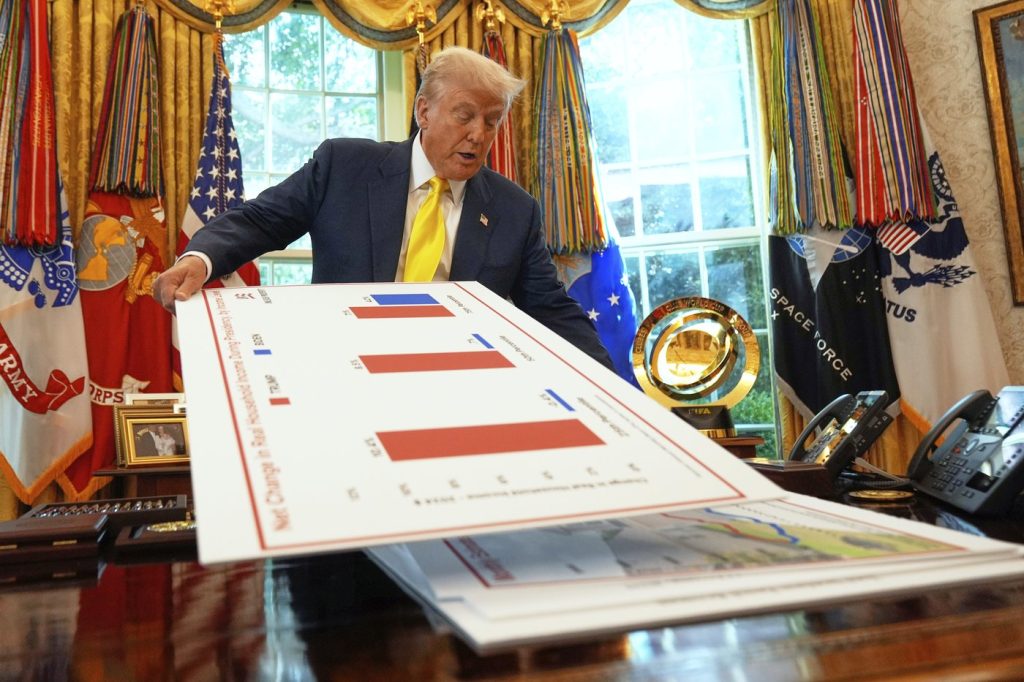The U.S. Department of Commerce has finalized a decision to significantly increase countervailing duties on Canadian softwood lumber imports, a move that business leaders in British Columbia criticize as detrimental to communities on both sides of the border. The department announced that the duty for the majority of Canadian firms will rise from 6.74 percent to 14.63 percent, following its assessment that Canadian softwood lumber is being unfairly subsidized. This latest increase compounds a recent surge in anti-dumping duties, which have been elevated to 20.56 percent, bringing the overall duty rate for Canadian softwood lumber to a staggering 35.19 percent.
The U.S. Department of Commerce has instructed U.S. Customs and Border Protection to commence the collection of these increased duties. Ravi Parmar, British Columbia's Minister of Forests, condemned the hike as "absurd and reckless" on social media, emphasizing that it will exacerbate the affordability crisis in both the U.S. and Canada. Parmar stated that he has directed the province's legal team to collaborate with federal authorities in appealing this decision, expressing the government’s determination to pursue all legal avenues available in challenging the increase.
Kurt Niquidet, president of the BC Lumber Trade Council, reiterated concerns regarding the repercussions of the decision, indicating that it places undue pressure on forestry-dependent regions within Canada and simultaneously inflates construction costs for American builders. The council advocates for both the Canadian and U.S. governments to prioritize resolving the ongoing softwood lumber dispute, which has lingered for years. In the absence of a negotiated solution, the BC Lumber Trade Council plans to work closely with the Government of Canada and industry stakeholders to safeguard Canadian interests through all possible legal channels, including actions under the United States-Mexico-Canada Agreement (USMCA).
Moreover, the BC Council of Forest Industries has urged the provincial government to take proactive measures such as streamlining permitting processes, activating provincial timber sales, and alleviating cross-ministry bottlenecks. Kim Haakstad, president of the council, stressed the necessity for the right policy tools to convey the province's commitment to fostering an environment conducive to investment in primary and secondary forest manufacturing, which is critical for ensuring a steady supply of wood products for British Columbia, Canada, and international markets.
During a recent visit to British Columbia, Prime Minister Mark Carney announced a total of $1.2 billion in support for the forestry sector, which includes $700 million in loan guarantees and $500 million earmarked for long-term initiatives. These funds aim to assist companies in diversifying their export markets and enhancing their product offerings amidst the heightened tariffs. The government is focusing on providing assistance to mitigate the impacts of these punitive duties and encourage stability in the lumber industry.
This decision by the U.S. Department of Commerce reflects the escalating tension in trade relations surrounding softwood lumber, an issue with significant implications for the economies on both sides of the border. While British Columbia is ramping up efforts to contest the duties, the evolving situation highlights the need for strategic policymaking and international cooperation to navigate the complex landscape of trade in the forestry sector.












